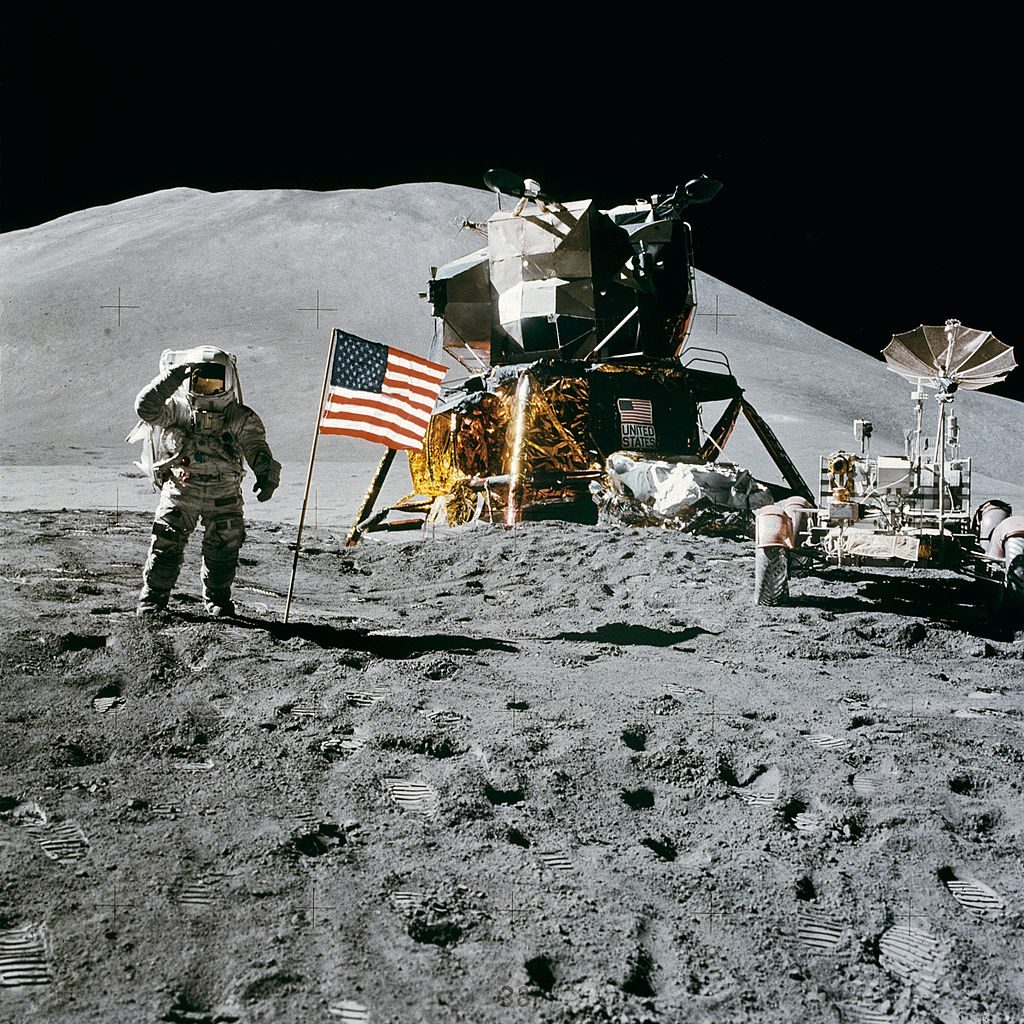Stop Running from Ourselves
My wife and watched the final season of The Expanse (available on Amazon Prime). The series is a sci-fi story with—surprise surprise—a very human plot. Earthlings immigrated to Mars and are in the process of terraforming it. Another colony of human beings, the Belters, live on spaceships all their lives. They work the asteroid belt for the raw materials coveted by both Earth and Mars.
Earth and Mars develop different, competing cultures. Mars achieved technological and military superiority. Earthlings act as guardians of tradition. And the Belters were relegated to the most dangerous, dirty work, for the benefit of Earthers and Martians. There is resentment, classism, competition, capitalism, social hierarchy, greed, revenge, duplicity, bravery, and moments of kindness and diplomacy. And it seems some alien race is both opening vast new worlds to human beings but will not tolerate human avarice
The Expanse’s story is of human beings exporting our broken selves into and onto other worlds.
The Star Trek series presents a stark contrast to The Expanse. Starship crews are fundamentally explorers rather than exploiters. After a planetary near-extinction war and first contact with a non-human species (Vulcans), earthlings develop cooperative institutions and the prime directive: non-interference in the affairs of beings they encounter on their missions.
In the Star Trek series, human societies evolved beyond prejudices and social divisions that have bedeviled us for as long as we’ve existed.
If we human beings ever develop the capacity to reach other planets or explore the galaxy, I wonder if we will behave more like the people in The Expanse or in Star Trek. I want to think we could evolve à la the Star Trek plot, but that seems unlikely.
 Now, I was and am a fanboy of space travel. Until I discovered during a driver’s permit exam that I needed glasses, I wanted to be an astronaut. I could tell you all about the NASA heroes in the same way a kid with a serious baseball card collection could rattle off a player’s stats. I never would have made it as an astronaut; I do not have the “right stuff” to be able to spin! But I still believe exploration, gaining new knowledge and understanding, and “boldly going forth where no (human) has gone before” are highly worthy endeavors.
Now, I was and am a fanboy of space travel. Until I discovered during a driver’s permit exam that I needed glasses, I wanted to be an astronaut. I could tell you all about the NASA heroes in the same way a kid with a serious baseball card collection could rattle off a player’s stats. I never would have made it as an astronaut; I do not have the “right stuff” to be able to spin! But I still believe exploration, gaining new knowledge and understanding, and “boldly going forth where no (human) has gone before” are highly worthy endeavors.
Except…
Why do today’s billionaires with their private rockets want to achieve breakaway velocity? I fear the Expanse plot fits them more closely than Star Trek. There is money to be made, properties to claim, resources to extract, dominance to achieve.
Perhaps you, too, are disturbed by the repeated plot in sci-fi space movies and shows that the time is coming when we must leave the planet in order to survive. In these movies, we’ve so despoiled the biosphere that it can no longer support our species. The movie Wall-E did a fabulous job telling that story—a cartoon with a lot of humor but not simply a kid’s show. After Earth and IO are two stories on the completely post-apocalyptic hellscape side of the ledger.
On which path is humanity currently headed? More like The Expanse or Star Trek? More like working with the God-graced creation toward healing the biosphere or fantasizing about abandoning the planet to repeat our behavior on other worlds (or, à la Wall-E, lose our purpose for being which we outsourced to AI and self-soothing consumption)?
I eagerly await the knowledge the unbelievable tech of the James Webb telescope will bring as it enables scientists to look back into time 13.7 billion years. (There are 344 possible failure points, with 266 passed! Its orbit, just achieved a million miles from earth, will be in the push-pull of the earth’s and the sun’s orbits.!
Might new knowledge in some way contribute to dashing the escapist fantasy of leaving behind a toxic former home, which was once a rare jewel, orbiting in the Goldilocks zone, that includes a species whose main job was supposed to be to till and keep it and to learn to live as inextricably connected to one another and to this planet?
If we stop trying to escape, maybe we can face our history, our present, and our destiny.
Dr. Gary Peluso-Verdend is president emeritus at Phillips Theological Seminary and is the executive director of the seminary’s Center for Religion in Public Life. The opinions expressed in this blog are those of the author. Learn more about the Center’s work here and about Gary here.


Comments are closed.